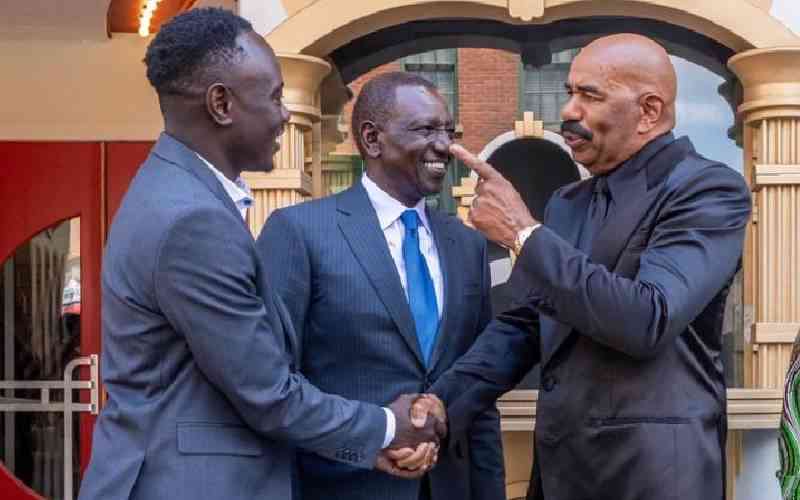×
The Standard e-Paper
Kenya’s Boldest Voice

The Government's Financial Year 24/25 Budget theme is "Sustaining Bottom-up Economic Transformation Agenda for Economic Recovery and Improved Livelihoods."
One of the government's five priority areas in this year's Budget Policy Statement is the Digital Highway and Creative Industry.